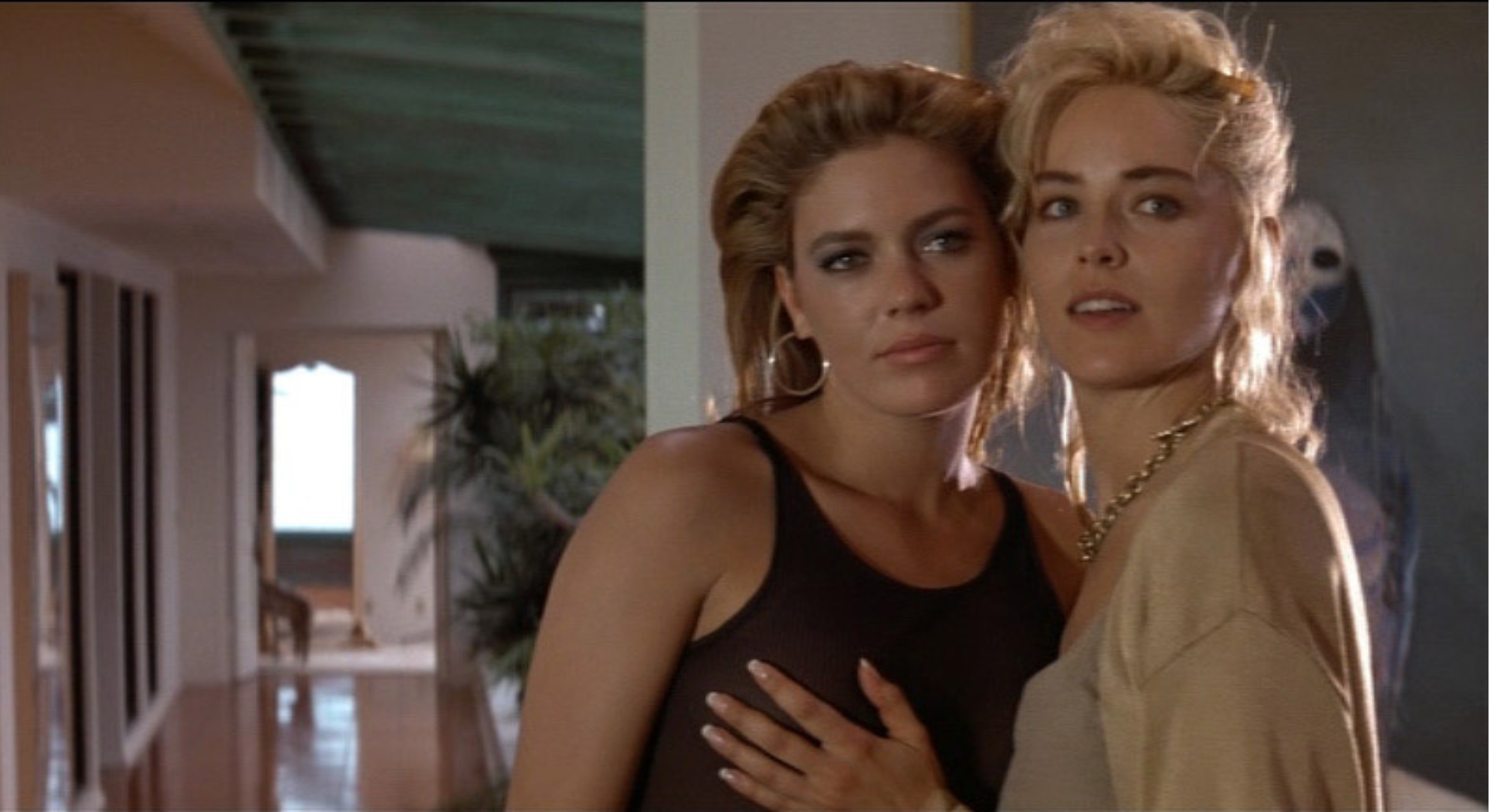In Cinemas of Bisexual Transgression, Jacob Engelberg makes the case for radically recalibrating queer film studies, taking as a starting point those cinematic figures who resist categorization within the gay-straight binary. Engelberg’s engagement with bisexual transgression on film illuminates the mutability and instability of sexuality, and of sociocultural structures more broadly by resisting the censure of images as politically harmful as well as the celebration of transgression as inherently subversive. Instead, Engelberg understands bisexual transgression as a process whereby sociocultural rules are made knowable by being contested. From 1970s vampire films to 1990s erotic thrillers, from lesbian imaginings of female bisexuality to European art cinema’s reckonings with HIV/AIDS, bisexual figures on film embody anxieties around the precarity of binary sexuality while revealing the contingencies of sexuality’s cinematic signification. Revivifying the underexploited contributions of bisexual theory, Cinemas of Bisexual Transgression proposes a new mode of film theorization and analysis that examines the rich space between and beyond dominant categories of sexual organization, where sexual unpredictability, the allure of the forbidden, and the precarity of sexual signification are illuminated.
Publisher: Duke University Press / Series: a Camera Obscura book
Release date: 6 January 2026
Illustrations: 60 / Pages: 352
Paper ISBN: 9781478032984 / Hardcover ISBN: 9781478029526 / eISBN: 9781478061731
Order the book:
Use the code E26ENGLB to get 30% off at the Duke University Press website.
Use the code FFS26 to get 30% off at the Mare Nostrum website.
Use the Bookshop.org link to support an independent UK bookshop and earn me a small commission.
Praise for Cinemas of Bisexual Transgression
“Jacob Engelberg addresses an under-researched area in queer cinema studies with an impressive theoretical sophistication. His keen knowledge of film history and generous interventions in queer theory, film theory, and the bisexual film canon make this book the most comprehensive, considered, and thoughtful analysis of bisexuality in visual culture I have encountered. I’m frankly delighted by it.”
— Maria Pramaggiore, co-editor of Film: A Critical Introduction, 4th edition
“Cinemas of Bisexual Transgression revitalizes bisexuality screen scholarship by bringing critically deft, contextually rich, politically attuned evidence of its enduring indispensability and expanding urgency for queer media studies. Through incisive, elegant analysis of bisexual transgressors from “les(bi)an vampires” to those of Basic Instinct and beyond, Engelberg deepens our understandings of bisexuality’s disruptive power and imaginative potential, while simultaneously staking out innovative theoretical-philosophical pathways and invaluable alliances with feminist, trans, and critical race studies.”
— Maria San Filippo, author of The B Word: Bisexuality in Contemporary Film and Television
“In this compelling account of cinematic exteriority, Jacob Engelberg lets the sexual body breathe. Starting with the premise that, on screen, sexual position is construed through generic convention, rather than anything immanently available to a body, Engelberg then focuses his gaze to assess film at the scale of genre itself, and discovers there a pliable set of categories for understanding the neoliberal period’s emerging sexual and social norms. Delivering new insights into the erotic life of mass culture, this book also reconceives bisexuality—for so long scorned and (less commonly) defended as a pedantic enumeration of the two-and-no-more-ness of sexual orientation—as a tenacious sign of the unknowability of the bodies we crave and those we inhabit, on screen and off. This is a richly textured, subtle, and erudite engagement with the mass cultural archive, and a promising debut from an emerging critical voice, that resounds with a particular clarity and a rangy ambition.”
— Grace E. Lavery, author of Closures: Heterosexuality and the American Sitcom









